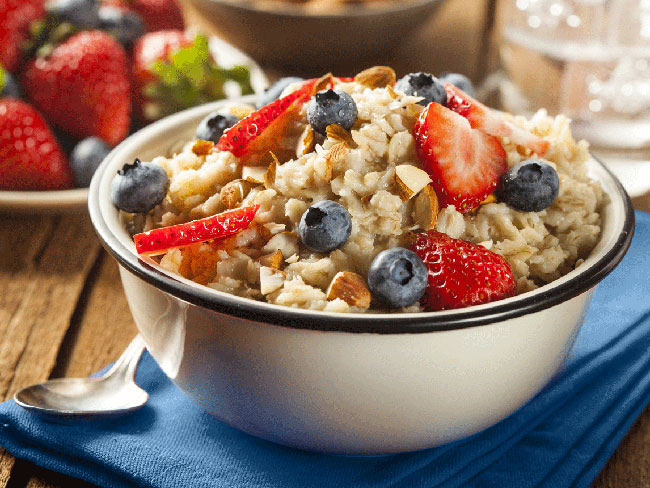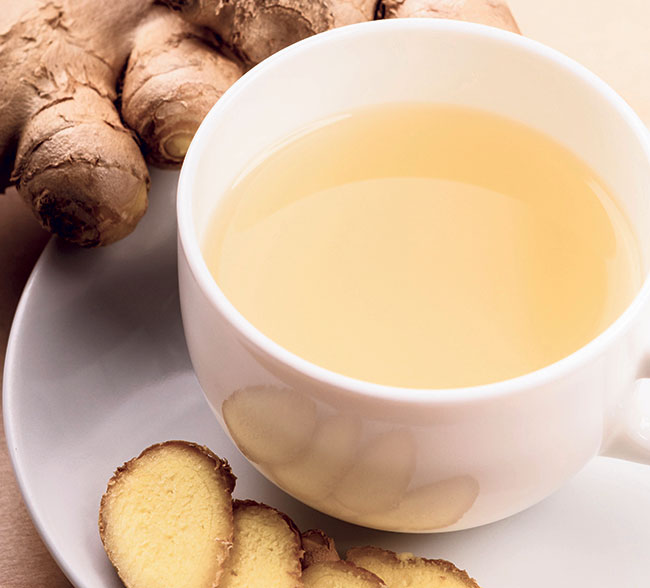Since there’s no sure cure for IBS, people develop their own ways of living with the enemy. The key-- Don’t become discouraged. Dietary changes and stress-relief tactics should provide a significant dose of relief. For more insurance, combine them with one of the alternative tips noted below. Once you have a system for controlling your symptoms, IBS will surely put less of a cramp in your lifestyle.
Manage your stress
Since stress is one of the factors known to trigger an IBS flare-up, learn to short-circuit it with meditation, yoga, or a simple breathing exercise. Sit comfortably, or lie down.
Turn your attention to the air going in and out of your body. When upsetting or anxiety-producing thoughts intrude, focus completely on your breathing. Practice this daily. Then, whenever you feel yourself becoming tense and anxious, use it to calm yourself.
Keep a diary of your IBS symptoms, noting what types of problems you have and how severe they are. In this journal, also jot down any stressful events you face in your day.
Occasionally look back at your diary. If you see more IBS symptoms just before airplane flights or meetings with your boss, for instance, there may be a connection. Once you’ve detected situations that seem to trigger IBS symptoms, look for ways like using the breathing technique above to cope with them better.
Go easy on your intestines
Actor Mumtaz hospitalized with IBS: Know what the condition is...

Minimize fried foods, meats, oils, margarine, dairy foods, and other fatty foods. They cause your colon to contract violently, which can lead to diarrhea and abdominal pain. Stay away from spicy foods.
The capsaicin in hot peppers, for example, makes your large intestine go into spasms, which can cause diarrhea. Cut down on caffeine. It can worsen IBS by irritating your intestines. Don’t chew gum or candy that contains artificial sweeteners.
Among the common sweeteners in these products are sorbitol and mannitol, which can have a laxative effect. They’re very difficult to digest. When bacteria in your colon eventually break down these non absorbed sugars, you get gas and diarrhea. Stop smoking. Nicotine contributes to IBS flare-ups. Also, when you smoke, you swallow air, and people with IBS are very sensitive to having air in their gut.
Fit in more fiber
Soluble fiber soaks up liquid in your intestines, helping to prevent diarrhea. Good sources are beans, oatmeal, and some fruits, such as apples, strawberries and grapefruit. If you can’t seem to get enough soluble fiber in your diet, take a daily supplement of psyllium, the main ingredient in dietary fiber supplements.
 Unlike chemical laxatives, psyllium is safe to take long-term. Follow the label for dosage directions. If constipation is your main complaint, fill up on insoluble fiber, found in whole wheat, bran, other whole grains, salad greens, and other foods. Insoluble fiber bulks up stool, which speeds its passage through the intestines.
Unlike chemical laxatives, psyllium is safe to take long-term. Follow the label for dosage directions. If constipation is your main complaint, fill up on insoluble fiber, found in whole wheat, bran, other whole grains, salad greens, and other foods. Insoluble fiber bulks up stool, which speeds its passage through the intestines.
If you haven’t had much fiber in your diet, increase the amount you eat gradually. Adding too much fiber all at once can actually give you gas and bloating.
Start with eight grams of fiber daily about what you’d find in two pears and increase by three or four grams each day until you’re up to 30 gram daily. Drink at least six to eight glasses of water each day to keep fiber moving smoothly through your
system.
Eat yogurt
Having diarrhea can drain away good bacteria that help prevent harmful bacteria from growing out of control. When you’re having IBS-related diarrhea, eat plenty of yogurt containing active bacteria, such as acidophilus. Or take supplements of acidophilus.
The usual daily dosage is one pill containing one to 2 billion live organisms. Take it on an empty stomach.
Graze, don’t gorge
Eat smaller meals more frequently rather than a couple of large meals each day. Taking in too much food at once can over stimulate your digestive system.
If you usually bolt down your meals, go more slowly and pay more attention to chewing your food. Fast eaters often swallow too much air, which turns into bothersome intestinal gas.
Drink tea
Every day, drink a cup or two of peppermint tea, which relaxes your intestines, reduces spasms, and relieves gas pain. Make sure to buy the kind that contains real peppermint, rather than black tea with peppermint flavoring.
 Alternatively, you can take enteric-coated peppermint-oil capsules. The coating ensures that the oil reaches the intestine instead of breaking down in the stomach. Take one or two capsules three times a day, between meals. Drink ginger tea. Ginger soothes all manner of digestive problems, including IBS.
Alternatively, you can take enteric-coated peppermint-oil capsules. The coating ensures that the oil reaches the intestine instead of breaking down in the stomach. Take one or two capsules three times a day, between meals. Drink ginger tea. Ginger soothes all manner of digestive problems, including IBS.
For the freshest tea, grate a half-teaspoon of ginger into a cup, then pour in hot water, let it steep for 10 minutes, strain out the ginger, and drink the tea. Ginger tea bags are also available. Drink four to six cups a day.




































